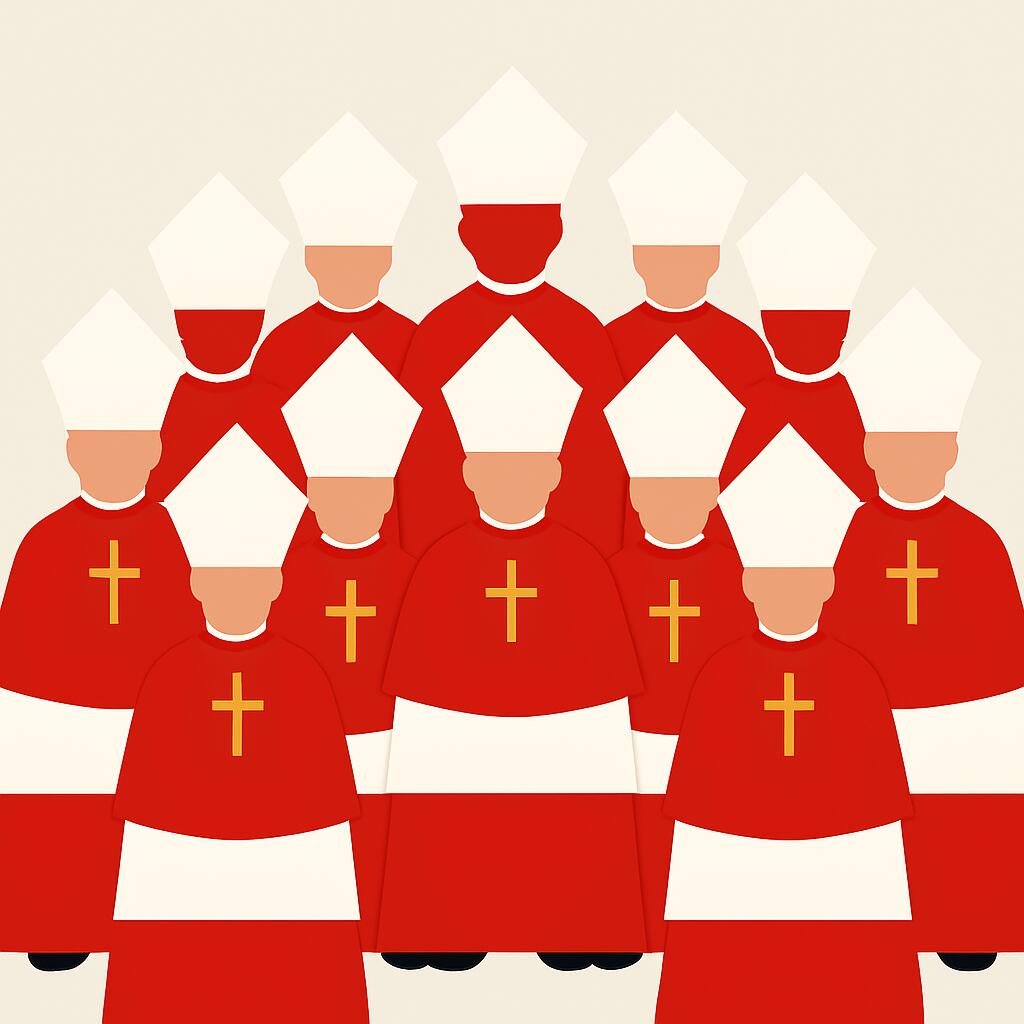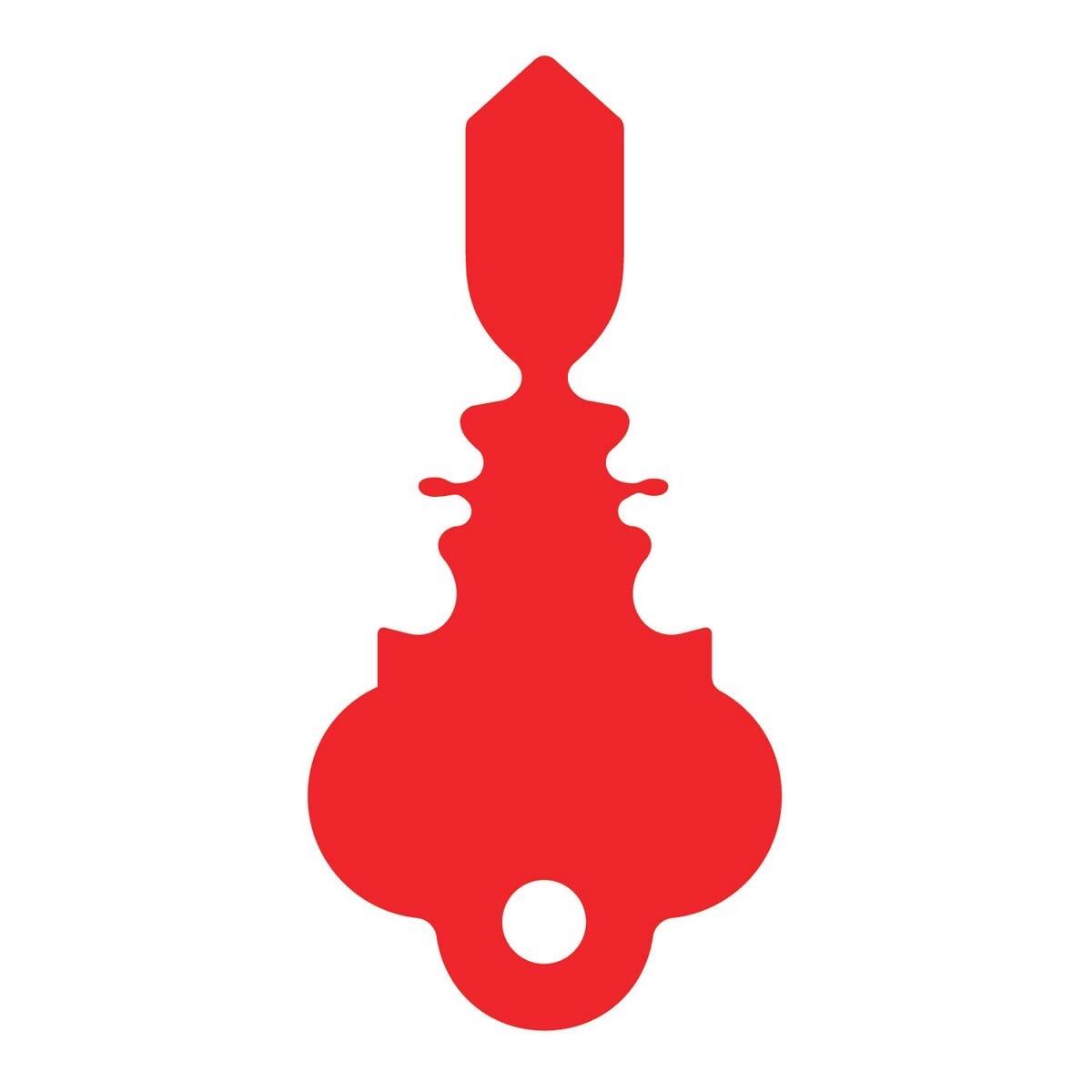I looked up the word conclave. I already sensed it carried secrecy in its roots. The Latin says it all—cum clave—with key. A room locked from the inside. It brought me straight to Dante. He lived through the first wave of papal conclaves (the term conclave was first used formally in 1274, after the chaotic three-year papal election from 1268 to 1271). His entire exile was marked by them. His family backed a different pope, and when their choice lost, he lost everything—citizenship, city, land. He never returned to Florence.
We know of Dante as the poet of the Divine Comedy, but before he wrote that spiritual map, he wrote De Monarchia. (1312) And in it, he laid out something few people want to talk about anymore: true order comes from alignment with divine reason. He said:
“The authority of the empire is not dependent on the church, nor on any minister of the church. For power that is ordained by God depends only on the ordering of the divine will.” (Monarchia, III.8)
And:
“The church must concern itself with spiritual matters and the empire with temporal ones, for the two powers are ordained by God for different ends.” (Monarchia, III.4)
He was naming natural law. A structure. An organic reality. He was witnessing its distortion. This natural order is often confused with what we call religion—a social construct.
It arises from coherence—structure revealed through reason. What Dante was showing is that when the Pope seeks temporal power, when church and empire collapse into one, justice disappears. Control takes its place. And that distortion cycles down into the people. Into families. Into exile.
The Pope seized control of what was never his to hold. Spiritual authority became a cover for worldly domination. A corrupted alignment—a collapsing power.
When church and empire/state/money merge, justice disappears. And the people pay.
Any similitude to now? All that division between race, creed, gender, and ideals has taken the destruction of civilization into steroids.
“Ah, Constantine, how much evil was born—not from your conversion, but from that donation the first rich Father received from you!” (Inferno, XIX.115–117)
“For little more than a month, I learnt how the great mantle weighs on him, who keeps it out of the mire… Alas, my conversion was late… then I discovered the false life.” (Purgatorio, XIX)
Dante was naming a rot at the root: the Church’s entanglement with power and money. Whether forged decrees or personal ambition, it was all the same distortion—temporal control masked as spiritual authority. That collapse fed avarice, exiled the just, and hollowed the sacred.
Dante was naming an ongoing collapse. A disorder that was already playing out in his century. The Church’s interference in politics, the manipulation of empire, the confusion between what is sacred and what is institutional. And it hasn’t stopped.
And I, Monika, think we’re living through the same pattern now—where everything is imploding into ideology. The separation of powers—state, religion, economics—is dissolving into one machine that speaks in the name of justice but acts through coercion. People don’t know what’s real anymore. They’re losing ground. Trust in outer authority kills any potential for a free life.
Humanity has traded divine order for managed narratives. And has confused human law with lawful being.
See through the fog. Metaphors can support perspectives.



